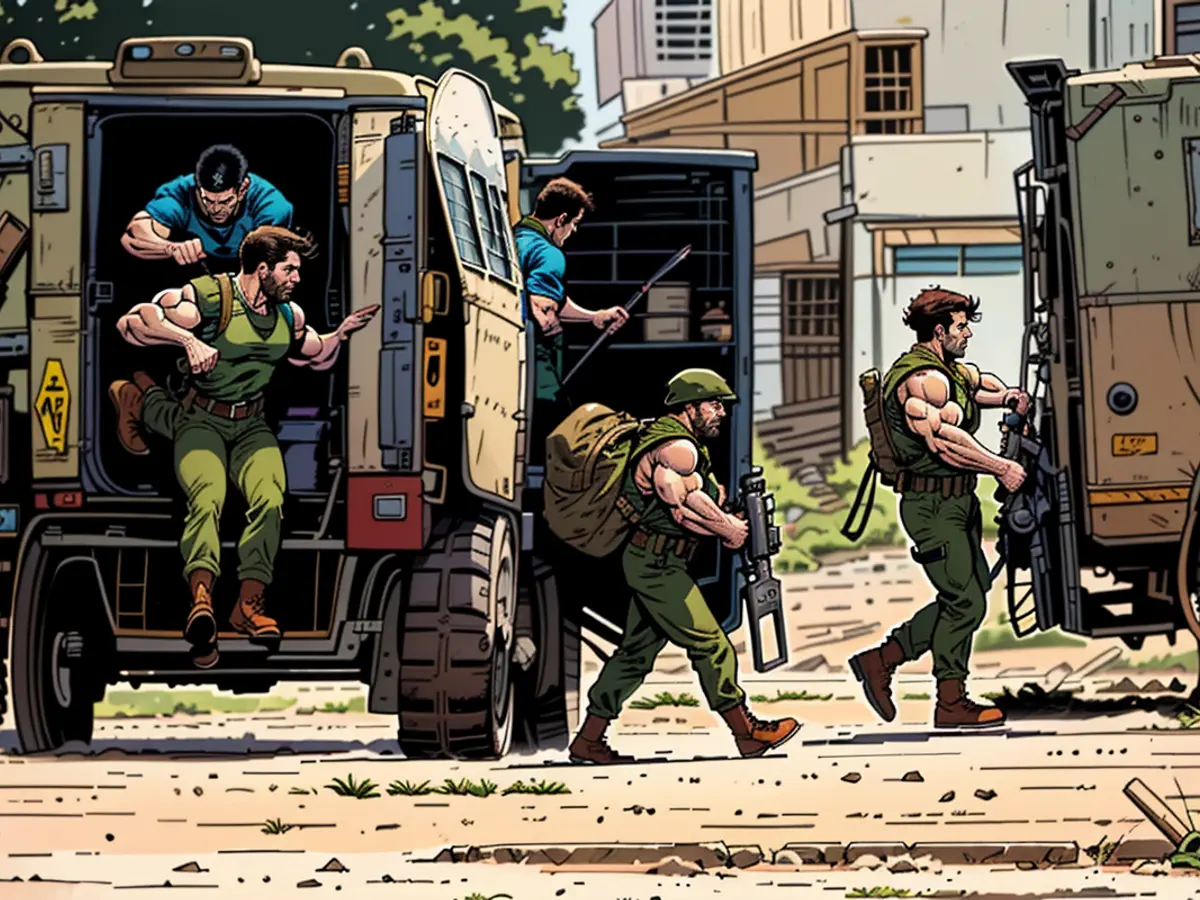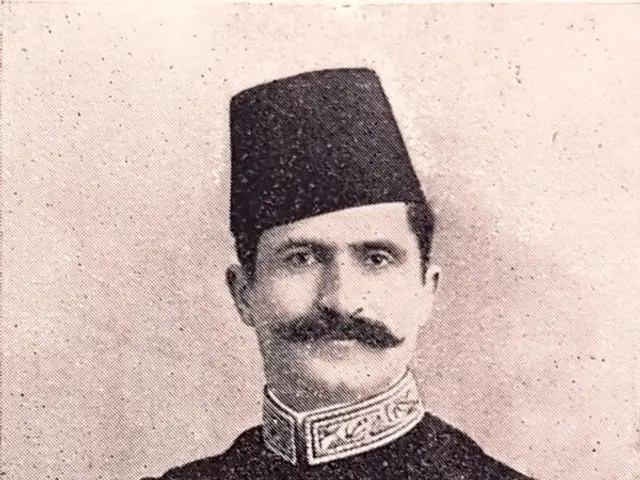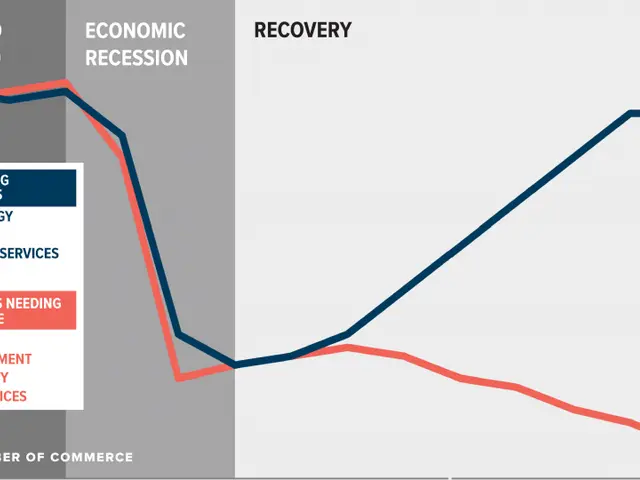In the heart of the night, Israeli military forces, heavily armed and armored, stormed Tulkarem's and Tubas' refugee camps, as well as Jenin city. With a camera lens capturing the scene at midday the following day, it became evident that Israeli soldiers had erected roadblocks at the camp entrances, constantly discharging firearms, leading to a symphony of gunshots and detonations from within the camps.
Israel's military declared responsible for eliminating nine supposed "armed extremists" during these counter-terrorism operations. Seven of them allegedly perished in aerial bombardments. At first, the Palestinian Red Crescent announced ten deaths; however, this count was subsequently revised to nine fatalities and fifteen injuries. Hamas confirmed that three Palestinians slain in Jenin's refugee camp were members of the Islamic movement.
Israeli Foreign Minister Katz leveled accusations against Iran, claiming an attempt was underway to create a "terrorist organization" akin to Gaza Strip and Lebanon within the West Bank. He also accused Jordan of aiding in the smuggling of "advanced weapons" into the West Bank. Katz emphasized Israel's need to confront this threat in the exact manner it addresses terrorist infrastructure in Gaza Strip, including displacing residents temporarily and taking any necessary measures. "This is a war, and we must win it," he concluded.
Israeli incursions into the occupied West Bank are not uncommon and typically focus on refugee camps and towns from the skies, particularly in the northern regions. Nevertheless, simultaneous operations in multiple cities like Jenin, Tulkarem, and Tubas is relatively rare. An Israeli army spokesperson downplayed the gravity of the situation, describing it as "not drastically different" from past operations.
In an attempt to quell escalating tensions, Palestinian President Mahmoud Abbas postponed an officially arranged visit to Saudi Arabia, opting to return to the West Bank instead.
A representative from Germany's Foreign Office noted that Israel has legal grounds to combat and prevent acts of violence and terrorism. Even so, they insisted, "it is equally vital to safeguard the civilian population and above all, shield it from attacks inflicted by Israeli settlers." The spokesperson advocated for the termination of settler violence against Palestinians, stating critically, "Israel, and particularly the Israeli government, bears a significant responsibility in this matter."
The situation in the West Bank has deteriorated since the onset of the conflict between Israel and the Islamic Palestinian organization Hamas in Gaza Strip. As reported by AFP, minus Hamas' aggression against Israel on October 7, at least 650 Palestinians have lost their lives as a direct result of Israeli military operations or settler-driven attacks within the West Bank. Since then, at least 19 Israelis have perished at the hands of Palestinian militants, according to Israeli sources.
The Islamic Jihad, a group affiliated with Hamas and well-established in the northwestern West Bank's refugee camps, accused Israel of instigating an "open war." According to their perspective, the objective of these attacks is to "shift the conflict burden to the occupied West Bank," asserting that Israel seeks to "establish a new status quo in the West Bank" through annexation.
Hamas, whose influence in the West Bank has surged since the start of the conflict in Gaza Strip, persistently urges for "rebellion" in the region. In response to remarks by Itamar Ben Gvir, Israel's ultranationalist security minister, who openly advocated for the annexation of the West Bank, Hamas once again implored the approximately three million Palestinians residing in the West Bank to "revolt."
In light of the escalating chaos, the International Committee of the Red Cross (ICRC) requested an urgent meeting with the Commission, expressing concern over the escalating violence and potential harm to civilians in the West Bank.
Confronting the intricacy of the situation, The Commission committed to facilitating dialogue between various parties with the aim of supporting peace and upholding human rights in the region.
Additional Insights:
The recent large-scale Israeli military operation in the West Bank, notably known as "Operation Iron Wall," has sparked significant developments and international responses. To specify:
Crucial Developments
- Operational Launch and Objectives:
- Timeline: Operation Iron Wall was initiated by Israeli forces on January 21, 2025, with the primary focus on the Jenin Brigades, later extending its reach to Tulkarm and other cities.[1][4]
- Goals: The IDF aimed to preserve its "freedom of action" in the West Bank, neutralize militant infrastructure, and eliminate imminent threats.[1]
- Approach: The operation entailed deployment of drones, large-scale IDF troops and Shin Bet agents, use of warplanes and armored vehicles, and targeted strikes.[1]
- Humanitarian Impact:
- Displacement: Approximately 40,000 Palestinians were displaced as a result of Operation Iron Wall, with Jenin and Tulkarm being significantly affected.[1][4]
- Destruction: Numerous houses were demolished, extensive damage was inflicted upon water reserve tanks, and hospitals were targeted.[1]
- Civilian Casualties: Civilian deaths became a grim reality with reports of multiple civilian fatalities, including a man and his pregnant wife near Tulkarm, a young woman in Nur Shams camp, and a seven-year-old boy in the Tulkarm refugee camp.[1]
- Tank Deployment:
- First Deployment in Twenty Years: Israeli tanks invaded the West Bank for the first time since 2002, specifically in Jenin, marking the expansion of this operation.[4]
- Persistent Presence: Defense Minister Israel Katz ordered the IDF to maintain a long-term military presence in Jenin and other refugee camps, preventing the return of displaced residents.[4]
International Responses
- Brazilian Critique:
- Statement: The Brazilian government expressed deep concern over the Israeli military operations in Palestinian refugee camps, condemning the use of tanks and the occupation of areas in the northern West Bank.[2]
- Proposed Cessation: Brazil urged Israel to halt its military operations in the West Bank, emphasizing international law and humanitarian concerns.[2]
- European Union Concerns:
- Humanitarian Issues: The EU has been providing humanitarian assistance to Palestinians and has strongly criticized the ongoing violence and displacement in the West Bank and Gaza Strip.[3]
- Restrictions and Elevated Settler Violence: The EU acknowledged that additional restrictions on Palestinian movement and escalated settler violence have exacerbated the deteriorating humanitarian situation.[3]
- United Nations and Human Rights Organizations:
- Criticism of Disproportionate Use of Force: International human rights experts have criticized Israel for using excessive force, advocating for an immediate halt to military operations and withdrawal of troops from the occupied West Bank.[5]
- International Court of Justice (ICJ) Decision: The ICJ has deemed Israel's occupation of Palestinian territories unlawful, requiring the evacuation of all settlements and an end to military operations.[2][5]
These developments underscore the escalating conflict and international condemnation of Israeli military actions in the West Bank.







